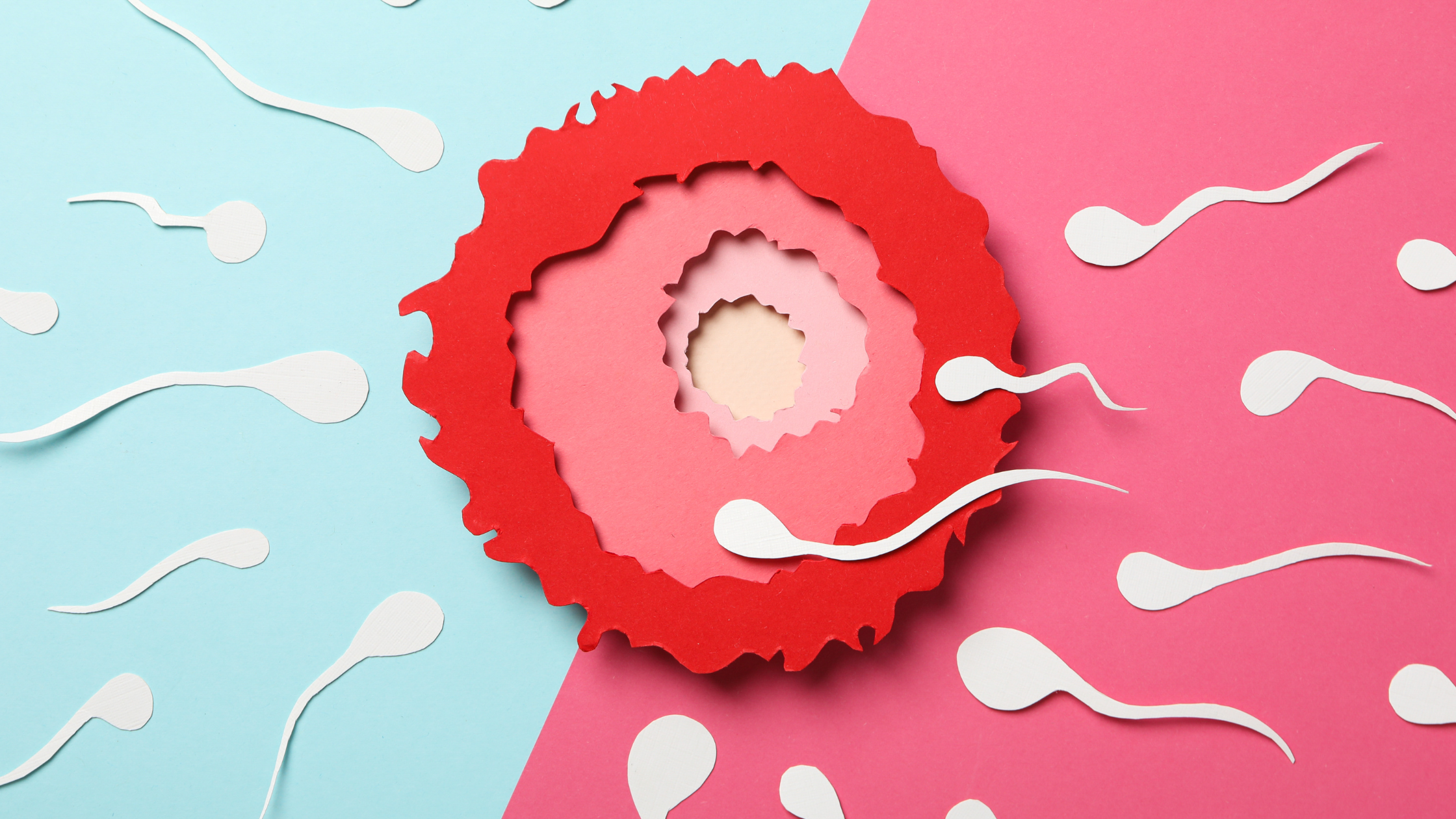5 Things to Know About Your Fertility
Fertility Awareness Week is an important time to open the conversation about fertility, break the stigma surrounding infertility, and provide the knowledge that empowers people to make informed decisions about their reproductive health.
5 Things to Know About Your Fertility
Whether you’re just beginning to think about your fertility or you’ve been on this journey for some time, here are five essential things to know about your fertility.
1. Fertility Declines with Age—For Both Men and Women
Age is a major factor in fertility, and it affects both men and women. For women, the quantity and quality of eggs decline over time, with a noticeable decrease starting in the early 30s and a sharper drop after age 35. For men, fertility generally begins to decline after age 40, with sperm quality—such as motility (movement) and morphology (shape)—diminishing as they age.
If you’re unsure about your current fertility status, there are tests available for both men and women. For women, an AMH (anti-Müllerian hormone) test can provide insight into your ovarian reserve, offering a clearer picture of your reproductive timeline. For men, a sperm analysis can evaluate sperm count, motility, and morphology, helping identify any potential issues early on.
Understanding where you stand with your fertility allows you to make proactive decisions about family planning.
2. Lifestyle Choices Play a Role
Your lifestyle habits can have a significant impact on your fertility. Factors like smoking, excessive alcohol consumption, being overweight or underweight, and poor diet can all negatively influence fertility in both men and women. Conversely, maintaining a healthy weight, eating a balanced diet, exercising regularly, having healthy sleep habits, and managing stress can support reproductive health.
Certain environmental exposures, like toxins and chemicals, can also play a role, so being mindful of what you’re exposed to in everyday life—such as plastics, pesticides, and pollutants—can make a difference in protecting your fertility.
3. Ovulation Cycles Can Vary, So Tracking and Testing Are Important
Ovulation typically occurs about 14 days before the start of your next period, but cycles can vary greatly from person to person. Some women may have irregular cycles or ovulate earlier or later than expected. This variability makes it crucial to track your cycle and understand your personal patterns.
Using ovulation prediction methods, like monitoring basal body temperature, observing cervical mucus changes, or using ovulation predictor kits, can help you pinpoint your most fertile days. Tracking tools and apps are also helpful for identifying patterns in your cycle, but keep in mind that ovulation doesn’t always follow a strict schedule. If you’re having difficulty tracking your cycle or suspect irregularities, fertility testing can help provide a clearer picture of your reproductive health.
4. Male Fertility Matters Too
While fertility is often thought of as a female issue, male fertility plays an equally important role. Male factors contribute to around 30-40% of infertility cases. Sperm quality, including count, motility (movement), and morphology (shape), are all critical to conception.
Regular check-ups and lifestyle improvements can support male fertility. Men can benefit from reducing stress, avoiding smoking and excessive alcohol, maintaining a healthy diet, and managing exposure to environmental toxins, all of which can enhance sperm health.
5. You Have Options to Preserve Your Fertility
If you’re not ready to start a family now but want to keep your options open for the future, fertility preservation techniques like egg freezing and sperm freezing can offer peace of mind. Freezing eggs or sperm allows you to store them at their current quality for future use, giving you more control over your reproductive timeline.
Egg freezing is often recommended for women in their 20s and early 30s when egg quality is still relatively high, but it’s an option worth discussing with your fertility specialist at any age. Similarly, men who may face fertility risks due to medical treatments or age can consider sperm freezing as a safeguard for future family-building plans.
Fertility Awareness Week: A Time for Empowerment
Fertility Awareness Week is about bringing these conversations to the forefront—reminding everyone that knowledge is power. By understanding your fertility and taking proactive steps, whether through lifestyle adjustments, fertility preservation, or simply learning more about your body, you can feel more in control of your reproductive future.
Whether you’re ready to start your family now or just want to explore your options, learning about your fertility is the first step. Fertility Week serves as a reminder that you’re not alone—millions of people are on this journey with you, and there’s a wealth of resources, support, and community available to help you navigate it.
Medical Disclaimer: The information provided in this blog is intended for general informational purposes only and should not be considered as a substitute for professional medical advice, diagnosis, or treatment. Always seek the advice of your healthcare provider or qualified medical professional with any questions you may have regarding a medical condition. Never disregard professional medical advice or delay in seeking it because of something you have read in this blog.

